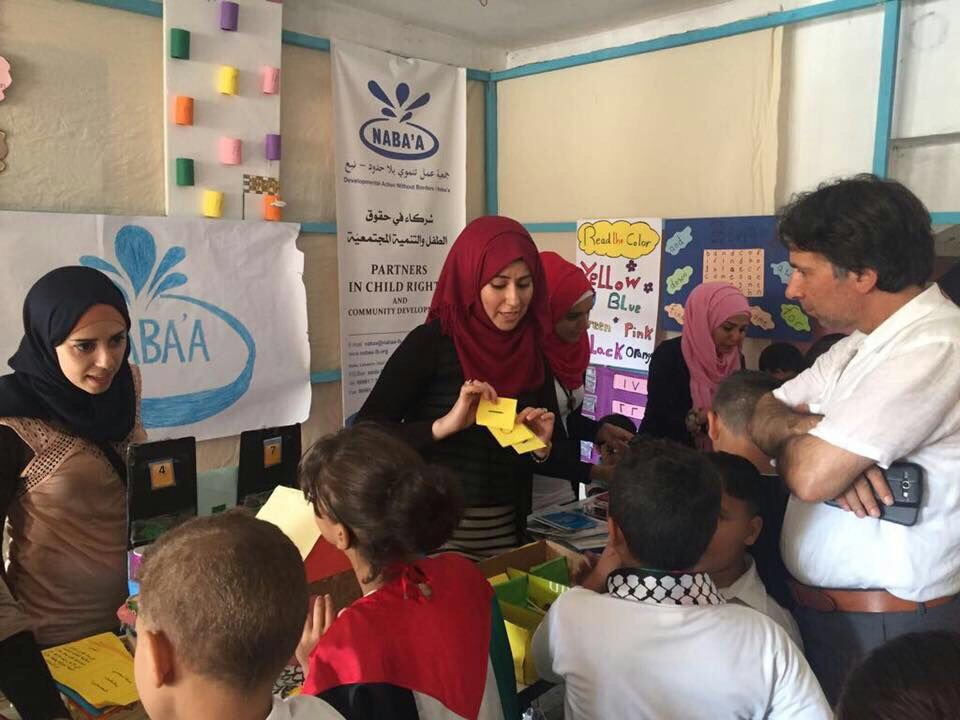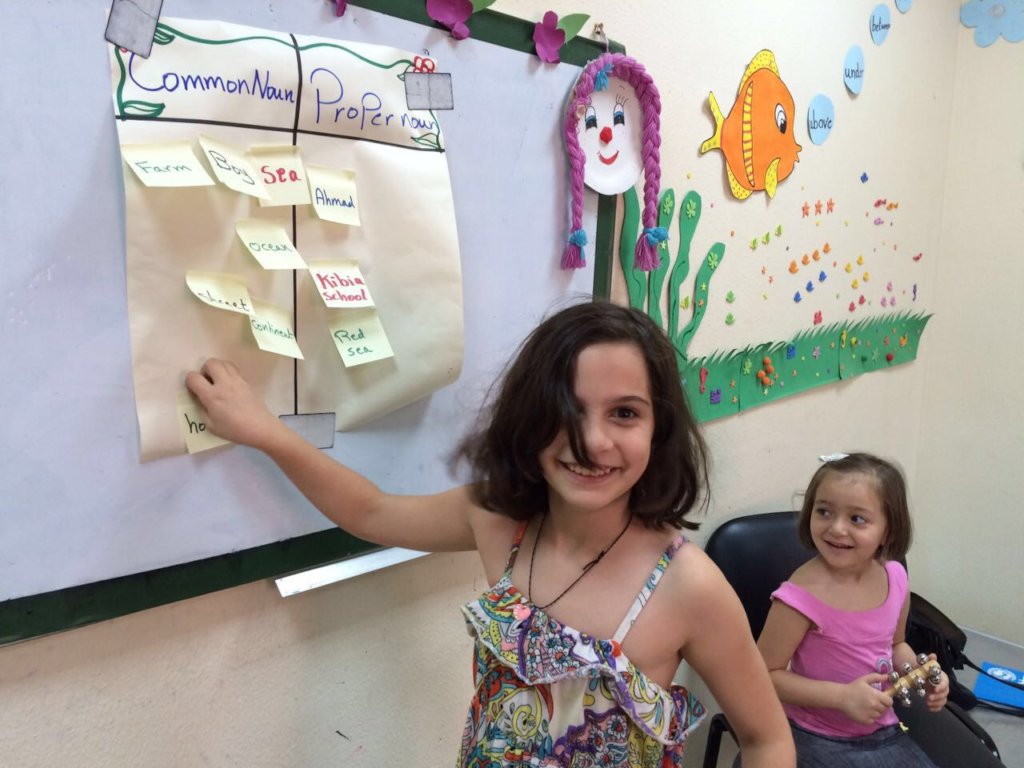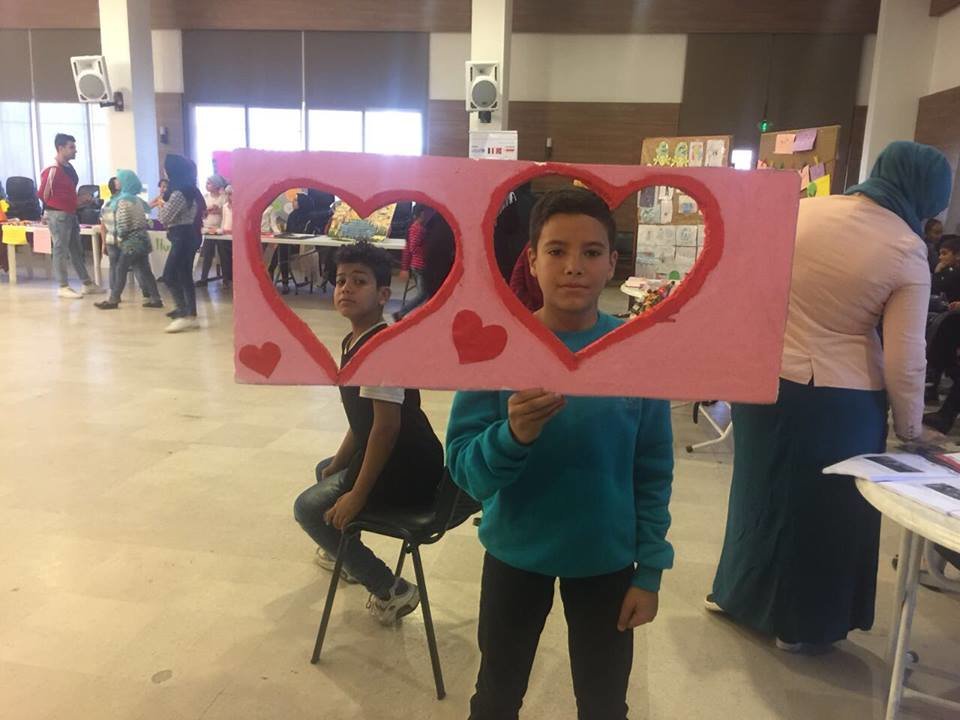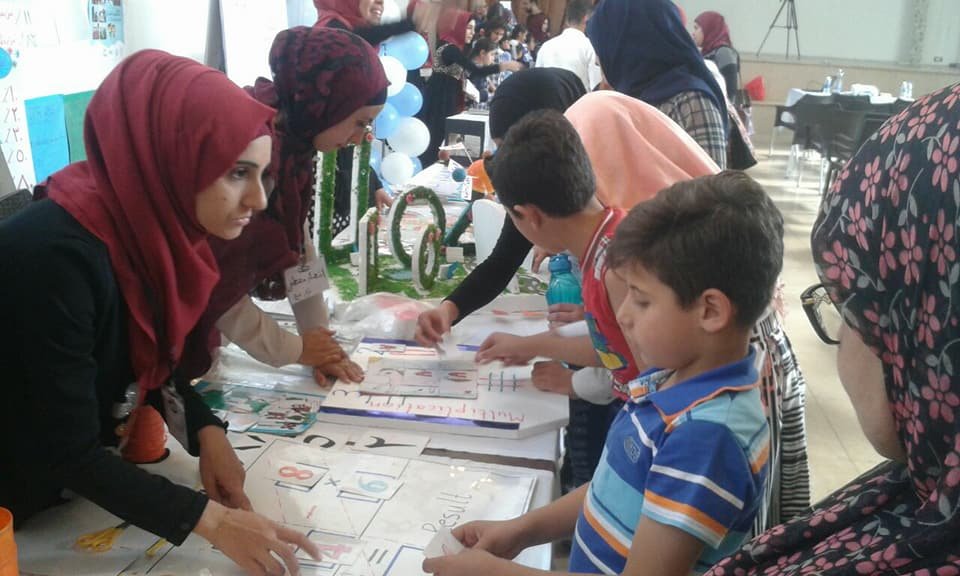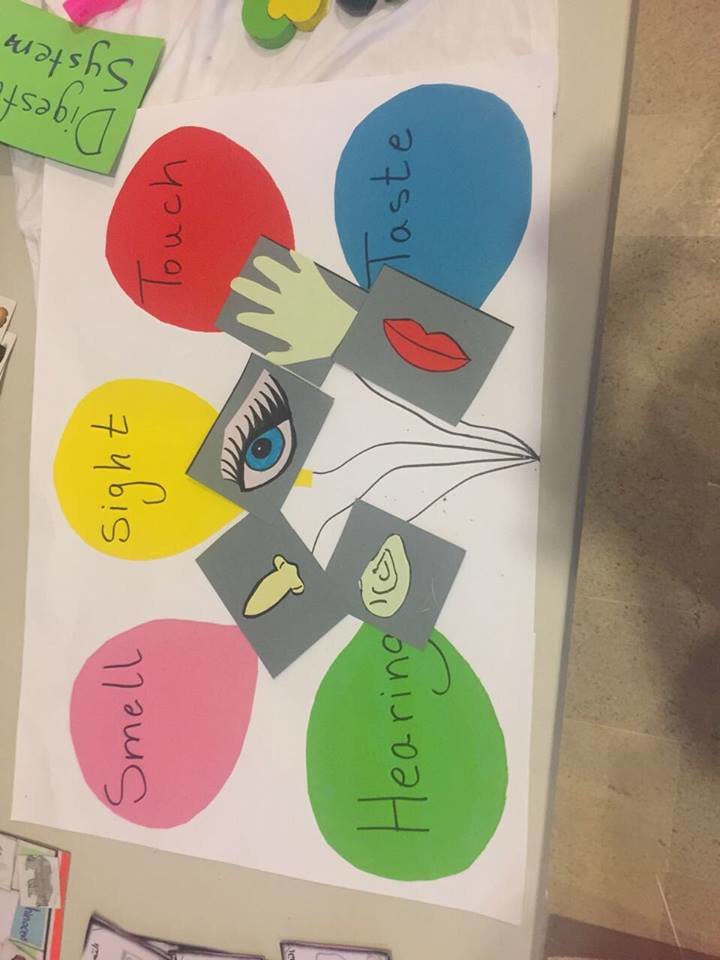By Hiba Hamzi | Program Coordinator
- Background during and after the implementation of the project;
Over the years, the situation for Palestinian’s inside the camps has arguably deteriorated, with severely limited opportunities in terms of health, education and meaningful and stable employment. The economic situation remains very bad and men are frustrated by their lack of work job opportunities and their ability to support their families.
Palestine refugees are reportedly denied access to Lebanese public schools, leaving them to pursue their education either in one of the 69 UNRWA schools (both primary and secondary) or in private schools, which are, however, beyond the financial means of most.64 UNRWA schools are reportedly often dilapidated and face severe overcrowding.65 Drop-out rates are reportedly high for a variety of reasons,66 including the need to work in order to earn an income.67 Access to higher education is reportedly limited for Palestine refugees because many cannot afford the high costs; some refugees do not see any purpose in completing an education which does not grant access to employment.68 For Palestinians without legal status (i.e. “non-ID” Palestinians and many Palestine refugees from Syria), secondary school education is reportedly inaccessible due to their inability to take the intermediate schooling exams.
Children and youth are greatly impacted by the stress and difficulties experienced by their parents and also often bear the burnt of these frustrations. There is no outdoor space for children to play, they are forced to play in the narrow alleyways of the camp. Children feel as though they are un welcomed to practice their hobbies and skills either at their homes or in the community. There are few child – friendly spaces in the camp that are safe and welcoming for young children to attend. It has been noticed by many key informants that children are becoming increasingly violent and confrontational in their interactions, in school, civil society initiatives and within communal spaces within the camp.
Naba’a Achievements; During the reporting period, there different highlighted achievements towards the improvement of educational levels for the children whom are suffering educational difficulties, such as;
- Naba’a team started to work with children inside UNRWA schools, These children are the most needed to help and provide scholastic support. The children were displaced from Syria during the war. Especially in terms of the different curriculum between their homeland (Syria) and the country to which they fled (Lebanon), The selection of this category was made in close coordination with the UNRWA Education Support Program Supervisor, knowing that we will continue supporting these students in our methodology of education (active learning and learning through play). This is the methodology that we are trying to disseminate among all those working in education in our area. This is the methodology that has proven to be effective in achieving good results in the field of education. Other techniques rely on learning by hearing and sight, it is the same methodology we adopt in kindergartens classes.
- Regarding to PSS activities we work with a new group of children’s in I-DEAL programe in “displaced Syrian gatherings”, these children are the most needed to work with them, living in a precarious environment, in addition to the circumstnaces they experienced during the Syrian war and the subsequent problems related to displacement and adequate housing. This gathering lacks the health conditions to live in terms of privacy and suitable areas for play and study, In Ein El-Hilweh camp, which is considered a tense area especially after the recent clashes in the camp,this difficult situation lead us to choose these children to provide more psychological support for them, trying to release their stress and anxiety.
- Finally, different activities were implemented by the parents of the children, such activities are; (Parents deal) methodology, Parents committee, and positive parenting session, where participants gained a lot of information on different topics, and some skills such as those related to positive parenting, and the parents attend parents committee session and implemented peer session gained they have gained the skills of giving awareness workshops and communication skills
Age: 10
Nationality: PRL
10 years old boy with conduct disorder and hyperactivity: Naba’a psychotherapist followed the boy and started to control his behavior and was referred to a psychiatrist. Awareness was done for the mom to share also with the father who wasn’t able to attend, about how to deal with the boy; to be firm, use communication, to give him attention like his younger brother, and to see a psychiatrist in case the boy needs medicine for hyperactivity. The boy is not going to school, has risky behavior, walking on the border of the third floor, he understands that his behavior is dangerous and he might die, but he was very hurt that his mother has beaten him for breaking the “nargileh”. The boy didn’t see a psychiatrist yet for his ADHD as the psychotherapist requested before. Awareness is done for the mother to understand the emergency of getting a diagnosis from a psychiatrist. He feels that his mom doesn’t love him. Mother beats him because he doesn’t obey, and he said he does this because he is jealous and feels she doesn’t love.
- Psychiatrist will manage the case; psychiatrist, psychotherapy for the child.
- Nabaa will continue activities in the center for the boy.
Links:
Project reports on GlobalGiving are posted directly to globalgiving.org by Project Leaders as they are completed, generally every 3-4 months. To protect the integrity of these documents, GlobalGiving does not alter them; therefore you may find some language or formatting issues.
If you donate to this project or have donated to this project, you can receive an email when this project posts a report. You can also subscribe for reports without donating.
Support this important cause by creating a personalized fundraising page.
Start a Fundraiser